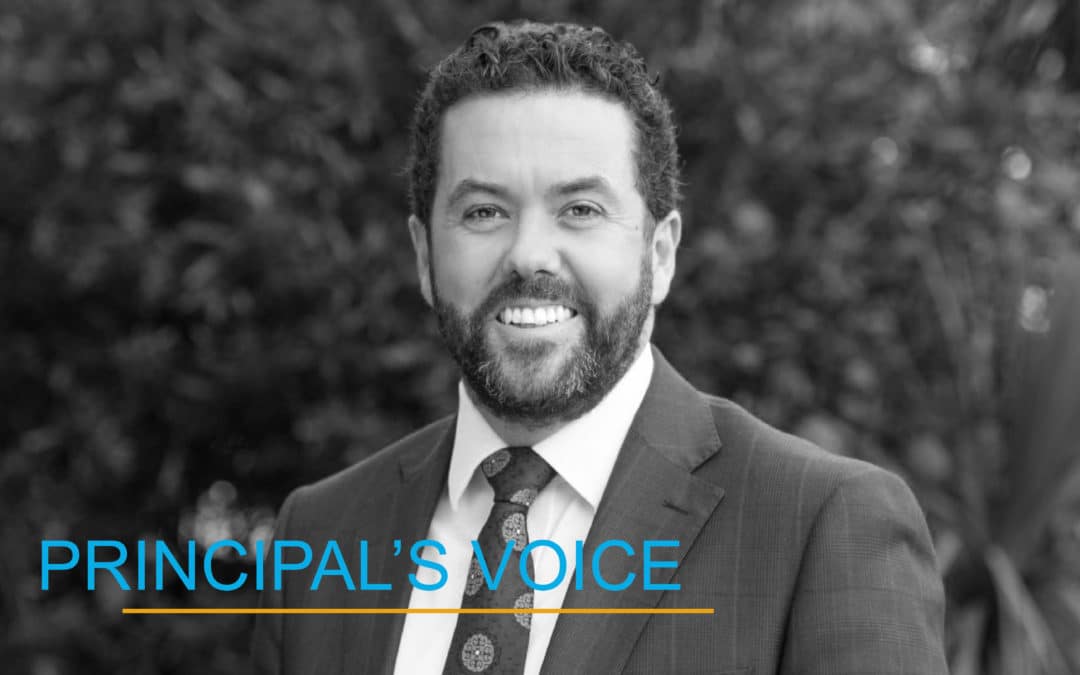Do to others as you would have them do to you. – Luke 6:31
It is wise to attribute best motive to others and to model this for those around us. As Haidt and Lukianoff reflect, “There is a principle in philosophy and rhetoric called the principle of charity, which says that one should interpret other people’s statements in their best, most reasonable form, not in the worst or most offensive way possible.” How many unnecessary difficulties might we be able to avoid by this simple practice? How good for us to be able to accurately recast another’s words, point of view or argument in such a way that they say “I wish I had put it like that”. As we treat others as we would like to be treated, as we listen carefully and understand their intent, we create space and opportunity for effective interactions, and the freedom to overcome clumsy expression or what at first might seem not quite right. In the same way, the ‘curious rather than furious’ approach can serve us well. We aim to engage in respectful dialogue, to train young minds to understand others, to deal with disagreement and to grow.
As teachers, we know how much you love your children and want the best for them. Teachers care deeply about their students and also want the best for them. Take a moment to consider which of these you most wish for…
- My child succeeds without struggle
- My child is above average at school
- My child is admired by others
- My child is well behaved and works hard to get good grades
- My child excels in sporting competitions
- My child produces impressive work at school
- My child is extended by her teachers
- My child’s class gets homework to help them do better at school
- My child is popular with his peers
- My child is always happy at school
The book Contextual Wellbeing, by Helen Street, suggests the pressure brought about by desires on this list above, despite being instinctive views of many parents, can undermine children’s wellbeing.Now consider the list below…
- My child is valued as an individual
- My child feels a sense of belonging
- My child’s strengths matter more than his weaknesses
- My child is intrinsically motivated
- My child forms meaningful relationships
- My child experiences personal growth
- My child contributes to the community
- My child loves learning
- My child has ownership of her decisions and accepts the consequences
- My child is allowed to fail and learn from his mistakes
Let’s work together to calibrate what we long for, so that we express it in ways that are most helpful for the development and growth of the children in our care. Paradoxically, by focusing on the latter, we can enable students to access elements of the former.
Tim Watson
Principal




